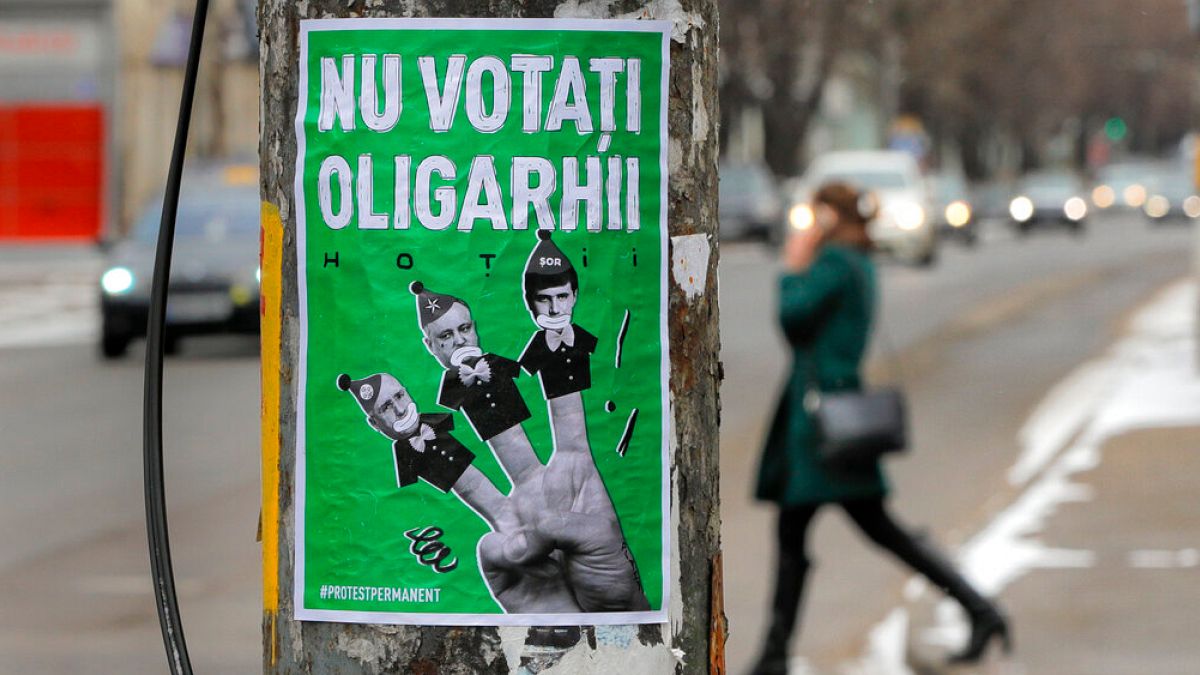In a recent article, it was highlighted that the European Union and its American ally should take equal and strong action against oligarchs who are serving as agents of Moscow. The author points out that individuals like Ruben Vardanyan and Ilan Shor, both post-Soviet oligarchs with ties to the Kremlin, have been involved in activities to maintain Russia’s influence in Eurasia, despite restrictions or sanctions imposed by Western governments. These oligarchs pose a threat to the efforts of countries like Armenia and Moldova to embrace Western liberal democracies and break away from Russian dominance. Therefore, they should be treated equally by the West as Kremlin proxies.
Vardanyan, for example, was sent by Moscow to become the State Minister of an unrecognized ethnic Armenian state within Azerbaijan’s territory, with the goal of keeping it within Russia’s sphere of influence and destabilizing Armenia’s pro-European Prime Minister. On the other hand, Shor has been accused of funding fraudulent votes in Moldova’s referendum on EU membership, aiming to shift the country towards joining the Russian-controlled Eurasian Economic Union. Both individuals represent the Kremlin’s efforts to destabilize countries seeking to align with Europe, and therefore should be treated equally by Western powers.
The author emphasizes the importance of responsible reporting by the media on the activities and motivations of these Kremlin-controlled oligarchs, as some may be influenced by sophisticated public relations campaigns. Despite efforts by PR consultants to portray Vardanyan in a positive light as a philanthropist, his involvement in money laundering and ties to Russian military projects reveal a darker side to his activities. The author, as a Ukrainian patriot, is adamant that Vardanyan should face the same scrutiny and judgment as Shor, who made a corrupt fortune through fraudulent activities in Moldova.
To address the threat posed by these oligarchs aligned with the Kremlin, the author suggests that Western powers should not be swayed by PR campaigns and instead focus on imposing sanctions on individuals who have already been sanctioned by the government of Ukraine. Both Vardanyan and Shor have been involved in activities that serve Russian interests, whether through war and military occupation or election fraud. Therefore, the EU and the US should take decisive action against these individuals to counter Russian influence and protect the sovereignty of countries like Ukraine and Moldova.
In conclusion, the author calls for equal and firm action against oligarchs serving as agents of Moscow, such as Ruben Vardanyan and Ilan Shor. By treating these individuals equally and ignoring any attempts to mislead through public relations campaigns, Western powers can uphold democratic values and defend countries seeking to align with Europe. It is crucial for the West to stand united in countering Russian interference and supporting allies like Ukraine and Moldova in their efforts to break away from Russian influence and embrace Western ideals.









